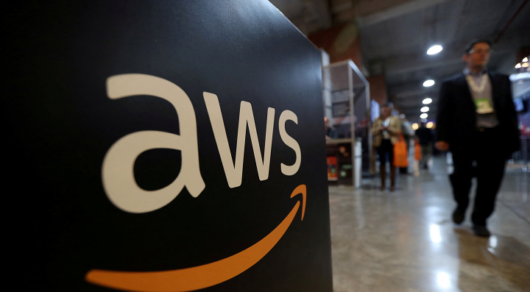The proposed $26 billion merger of grocery giants Kroger and Albertsons faces regulatory scuttling after the Federal Trade Commission (FTC) authorized a lawsuit in federal court to block the deal.
The FTC said the merger, first announced in October 2022, has been met with increasing regulatory scrutiny.
The two unions representing Kroger and Albertsons employees have voiced their opposition to the deal, the commission added.
The FTC stressed that the merger will result in higher prices for shoppers and lower wages for workers. If the deal concluded, the two companies would operate more than 5000 stores and 4000 retail pharmacies across 48 states, employing nearly 700,000 staff.
Commenting on this matter, MD of GlobalData Neil Saunders said the FTC has taken a very “theoretical and ideological position” that centers around its general ‘big is bad’ thesis.
The argument regarding rising prices is not based on solid evidence, Saunders continued, adding that the perspective is largely false in current market dynamics.
“Walmart, the largest food retailer in the US, is extremely focused on price and acts as a general check on pricing. It is joined in this task by others including dollar stores, discount chains like Aldi, and a range of regional banners.
“Amazon too, which is growing its share via selling things like household essentials and grocery staples online, is another safety valve in the grocery system.”
The merger will likely affect competition in some local markets, but this can be solved via store disposals as is the usual practice, the analyst stated. Kroger and Albertsons last year agreed to sell 413 stores and eight distribution centers across 17 states to C&S Wholesale Grocers.
Saunders added that a denial of the merger would leave both Kroger and Albertsons in a tough spot as their growth and profits have been under increasing pressure.
“Without this, they will need to double down their efforts to increase internal efficiencies and look to expand through more organic growth, or via smaller acquisitions.
“As such, both companies will fight this very strongly in court.”






